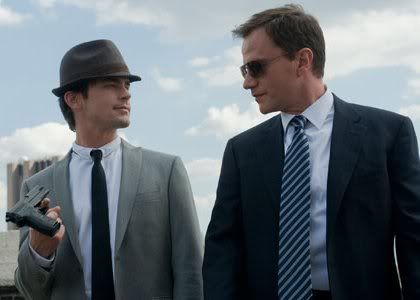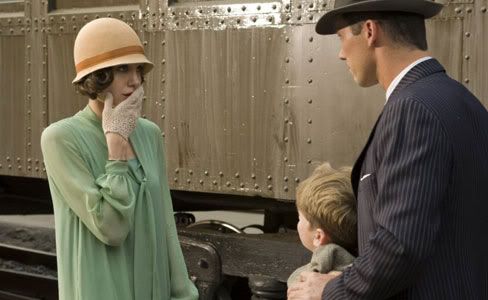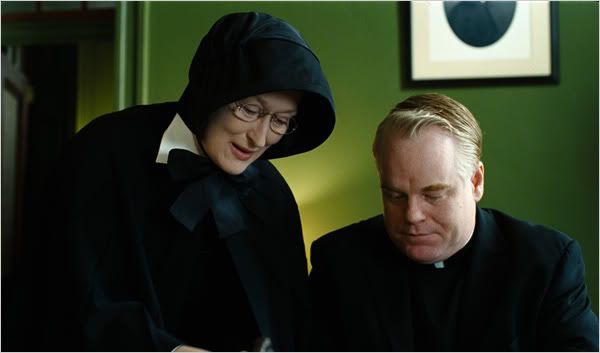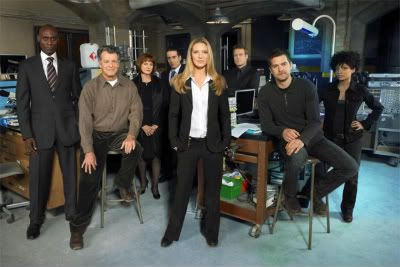
I have fond memories of the days at university when the lights would go out, we’d sit on the couch or floor with our hastily-cooked meals and wait for The X-Files to come on. We drank in the ambiance, the supernatural nature of the weekly problems and the interplay between Mulder and Scully. Not to mention Scully herself. Since the show left the air, there have been some attempts to recapture that sort of eerie and disturbing storytelling magic. Treshold came close but was let down by a small audience, a bad time slot on Sci-Fi Channel (which has since renamed itself SyFy which should tell you something about the chimps running the joint) and a lack of mystery or real suspense. At least they had Carla Gugino, though.
And then Fringe came along.
J.J. Abrams, Roberto Orci and Alex Kurtzman drew inspiration for their show not only from The X-Files but also The Twilight Zone (remember that one, kids?), the film Altered States and Michael Crichton’s novels, as well as mixing in the procedural atmosphere of Law & Order and the serial nature of Abrams’ previous major success, Lost. Unlike the writers of Threshold, which included Brannon Braga to nobody’s surprise, Abrams, Orci and Kurtzman quickly demonstrated their ability to build suspense, maintain mystery and create dramatic tension between interesting, multi-dimensional characters.

One of the first casting choices they made was John Noble as Dr. Walter Bishop. The thinking, it seems, was something along the lines of “What’s a show about mad science without a mad scientist?” But unlike the dour Dr. Frankenstein or the madcap Emmett Brown, Dr. Bishop has the somewhat doddering charm of an aging but beloved grandparent coupled with a scientific curiosity that supersedes what most people would consider sound ethics. The good doctor has the answers to the causes behind a string of inexplicable and deadly events being investigated by “Fringe Division,” a multi-agency task force. FBI agent Olivia Dunham, played by Anna Torv, is recruited for this top-secret operation following the mysterious death of an airliner full of passengers and mortal wounding of her partner and lover, John Scott. Her investigation leads her to Walter Bishop, who’s been institutionalized for almost two decades. To get him out, she needs to enlist Walter’s son, Peter Bishop. More than just a means to access Walter as both next of kin and a cypher, Peter is a genius in his own right, a master of several languages and has the sort of shady connections that allow Dunham to go just outside the law to get whatever she needs to solve her case. Peter is played by Joshua Jackson, who got the role after impressing Abrams in his audition for James T. Kirk.
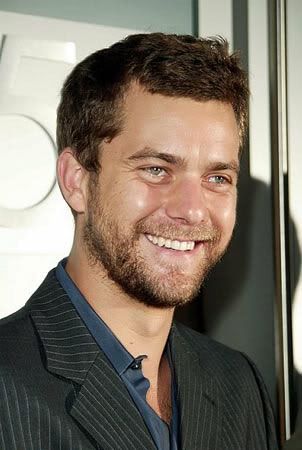
The show is fresh and visceral without seeming hackneyed despite it’s inspirations. Characters develop gradually instead of in fits and starts, the science behind the odd events has some rooting in reality and is never a technobabble fix worthy of Star Trek. Unlike Lost, where the plot is obfuscatory at best, the procedural nature of Fringe keeps the events rooted and moving forward in spite of their supernatural aspects. Everything that happens in Fringe feels like it could happen, even when things like teleportation, pyrokinesis and interdimensional travel are introduced. The fact that these things are happening to and around people we actually care about helps make Fringe worth watching, as well.
The first season is available on DVD and the second season is well underway. Thursday nights in January will find me waiting for the innocuous piano music that introduces the show with hints at things like “Dark Matter,” “Suspended Animation” and “Telepathy.” Like those days gone by, I’ll be turning down the lights and wondering what sweet treat Walter’s obsessing over this week. He, after all, very eloquently described the simple appeal of a root beer float:
“It’s heavenly. And earthly, at the same time.”
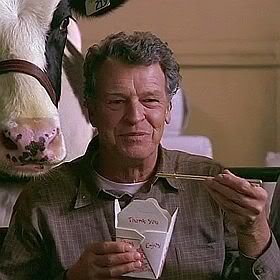
The same, one might argue, could be said for Fringe itself.

